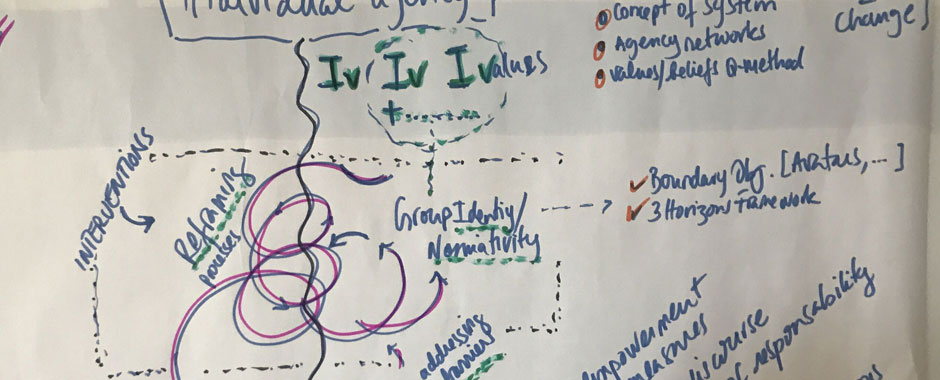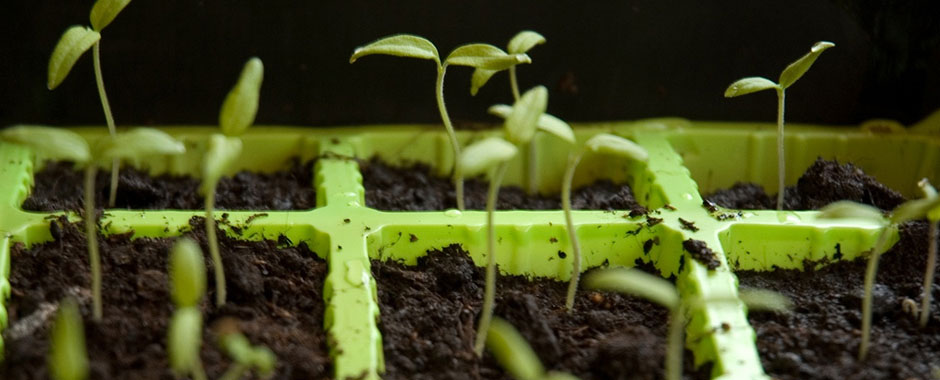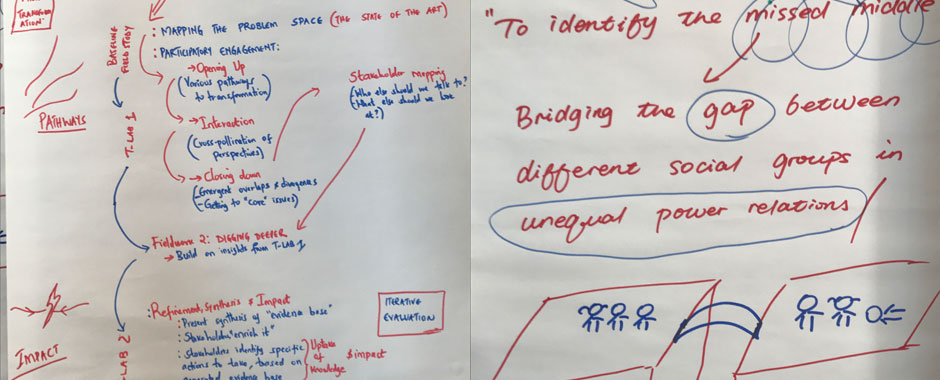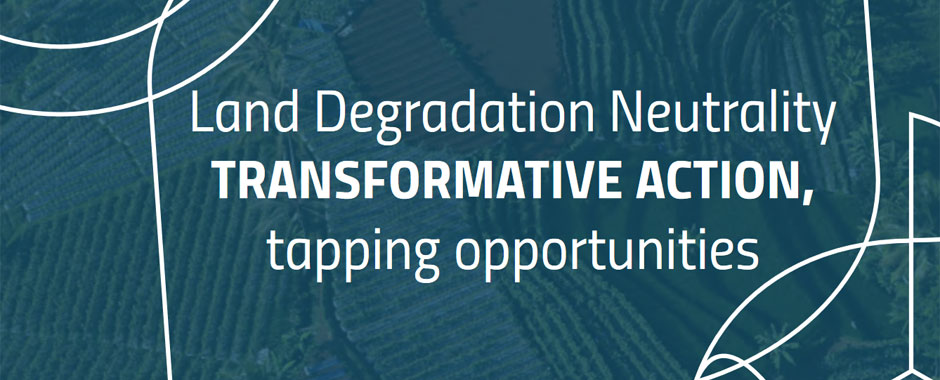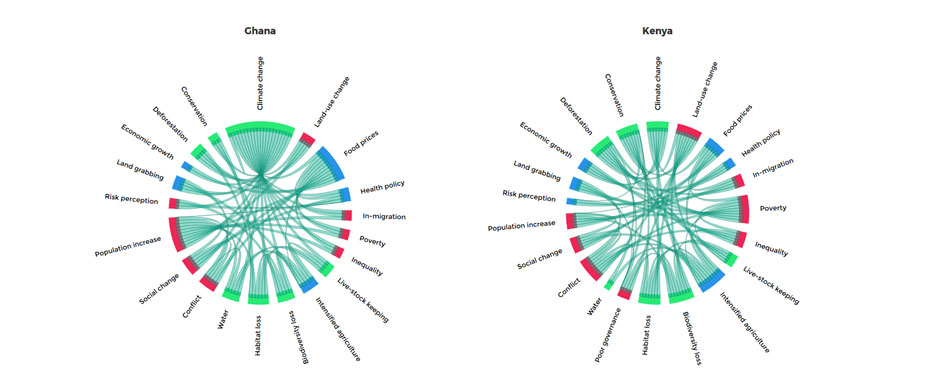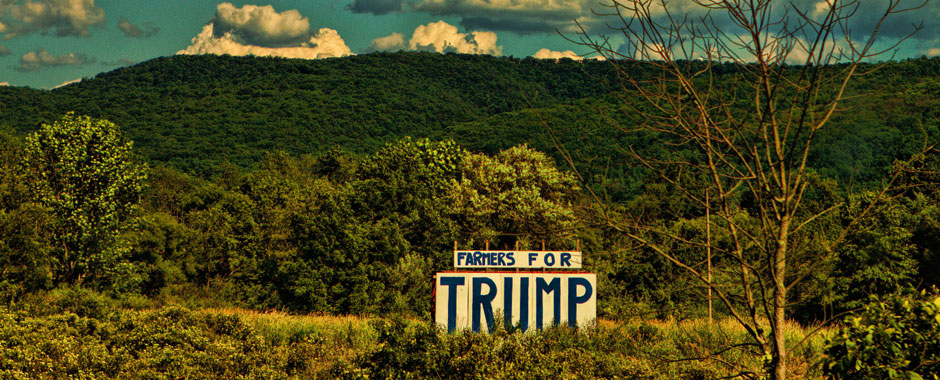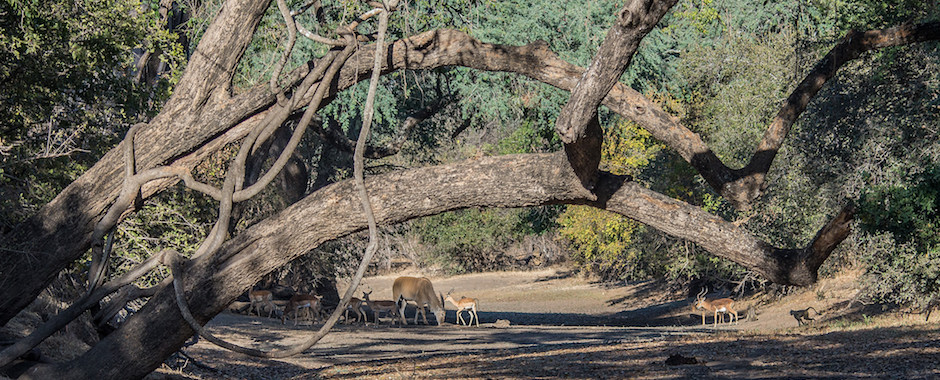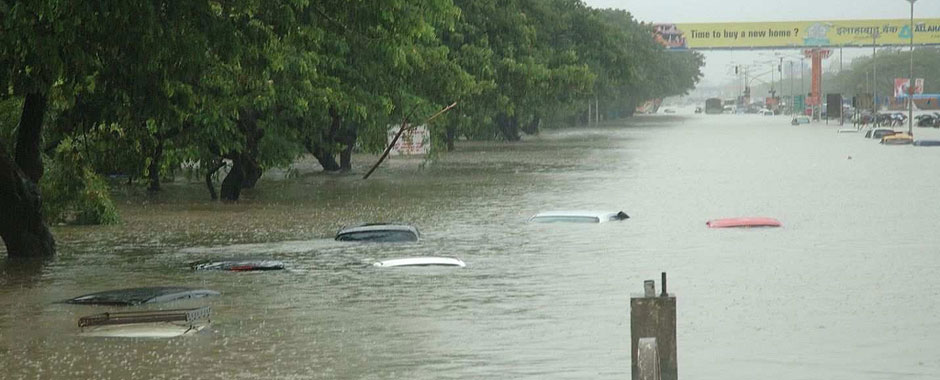by Hallie Eakin, Lakshmi Charli-Joseph and J. Mario Siqueiros In our PATHWAYS network case in Xochimilco, Mexico City, we are exploring whether people can have ‘agency’ to make a difference…
What ‘agency’ do researchers have in transformative research projects?
Seeding ideas: knowledge brokering and recombination for agricultural transformations
by Adrian Ely, Paddy Van Zwanenberg, Elise Wach, Martin Obaya and Almendra Cremaschi Straight after the ‘Transformations 2017’ conference, the ‘Pathways’ network gathered at the mid-point in our three year…
Transformations from Beijing to Nairobi and back: what can we learn from each other?
by Yang Lichao, Kennedy Liti Mbeva and Jiang Chulin This blog post summarises discussions between the Africa and China hubs at the project-wide meeting of the PATHWAYS Network in Dundee…
Degradation Neutrality and the Faustian bargain of conservation finance
A critical assessment of ‘degradation neutrality’, the latest idea to emerge in global conservation efforts, is at the heart of a new article for the Antipode Foundation by Amber Huff…
What does transformative research for sustainability look like?
by Patrick van Zwanenberg, Hallie Eakin, Ethemcan Turhan, Mutizwa Mukute and Fiona Marshall Efforts to nurture more sustainable, just futures are happening all around us, albeit in the context of…
One Health Day: why tackling human health isn’t enough
One Health Day, on Friday 3 November 2017, draws attention to the interconnectedness of human, animal and environmental health. More than 60 per cent of emerging infectious diseases affecting people…
How to embrace the darkness
In her book Hope in the Dark, Rebecca Solnit offers a view of uncertainty that may seem surprising. Uncertainty might seem to go hand in hand with fear and even…
Why agrarian studies should confront the rise of authoritarian, populist movements
Last week I was in Russia at the fascinating fifth BRICS Initiative in Critical Agrarian Studies conference. Throughout the event we heard about the emergence of particular styles of authoritarian populist regimes,…
NEW PAPER: People, patches and parasites
Just out in Human Ecology is a new paper – People, patches and parasites: the case of trypanosomiasis in Zimbabwe. It’s open access, so do have a look! It presents…
Why Mumbai’s floods are an urban planning disaster
by Hans Nicolai Adam, Lyla Mehta and D. Parthasarathy, Climate Change, Uncertainty and Transformation project As Houston was inundated by ‘biblical’ rainfall and grapples with extreme flooding and its aftermath,…
